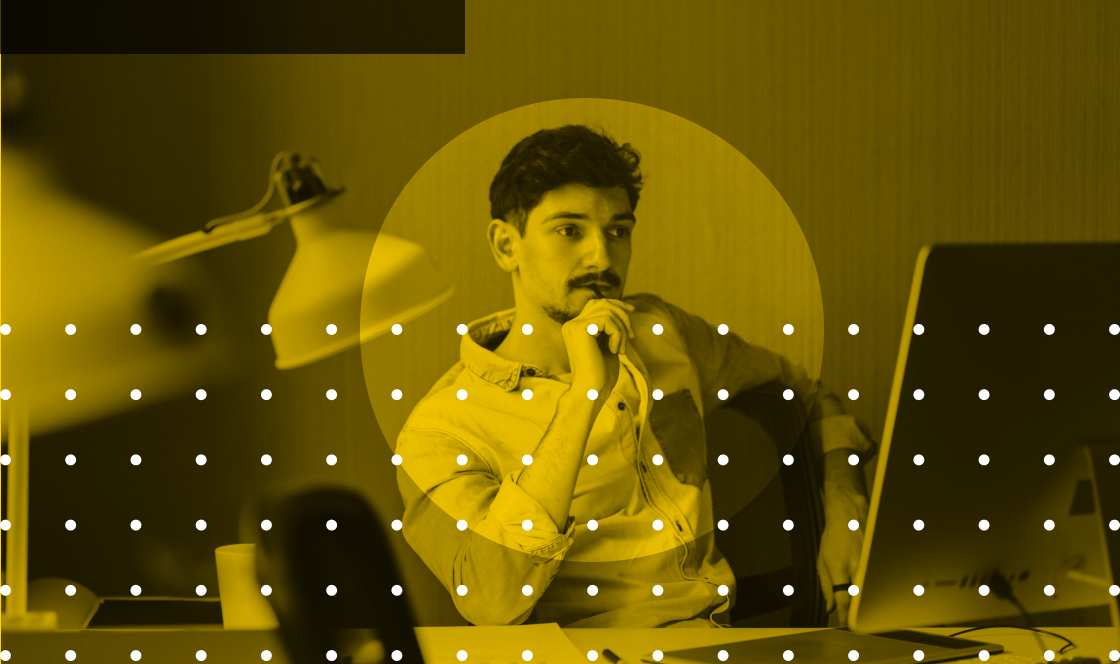What do Isaac Newton, Virginia Woolf, and modern B2B founders have in common? A surprisingly powerful habit: keeping a commonplace book. Once used to collect handwritten quotes and insights, this tool has evolved into something even more useful in today’s AI-powered, content-saturated world.
In this article, we’ll explore how a digital commonplace book—especially when built in tools like Notion or Obsidian—can help you think more clearly, write more consistently, and even train your own AI systems to reflect the way you see the world. Whether you’re leading a team, building a personal brand, or just trying to organize your thoughts, this system can become your everyday edge.
What Is a Commonplace Book?
At its core, a commonplace book is a curated collection of meaningful ideas: quotes, observations, frameworks, conversations, and lessons worth remembering.
Historically, it served as a kind of personal encyclopedia—used by thinkers like John Locke and Thomas Jefferson to collect insights, sharpen arguments, and generate new ideas.
In today’s digital world, it can become your second brain.
Why Commonplacing Still Matters Today 💡
We’ve never had more tools for storing knowledge—search engines, PDFs, read-later apps, and AI assistants. But with that convenience comes a problem: mental clutter.
A digital commonplace book isn’t just for storage—it’s for meaning-making. It helps you slow down, reflect, and engage with what matters instead of losing ideas to a browser tab graveyard.
In a time when AI can surface anything, your edge isn’t information—it’s interpretation.
How We Use Notion as a Digital Commonplace 🧠
Our team uses Notion to collect and organize ideas in a way that supports writing, marketing strategy, and long-term thinking. Here’s what we capture:
- Book highlights
- Voice memo transcriptions
- Quotes from meetings and client conversations
- Reflections after content creation or strategic planning
- Notes from podcasts, videos, and articles
We organize everything using headwords—intuitive tags like “focus,” “leadership,” or “ambition” that allow us to find connections across different pieces of insight.
Over time, this becomes more than a note collection—it becomes the foundation for how we create, make decisions, and generate original ideas.
Why It’s a Powerful AI Training Tool 🤖
Large language models like GPT are trained on massive public data sets—but their true value shows up when they can understand your specific voice and way of thinking.
By keeping a commonplace book, you’re effectively building a personalized dataset that captures your tone, beliefs, and creative frameworks. This is the future of personal AI: not just smarter tools, but tools trained on you.
Notion vs. Obsidian: Which Tool Fits Best?
Both Notion and Obsidian are excellent platforms for digital commonplacing. Here’s how we compare them:
- Notion: Best for structured thinking, content pipelines, and teams. It’s visual, intuitive, and integrates with AI tools like Notion AI.
- Obsidian: Best for graph-based thinkers who want deep interlinking. It builds a web of ideas, ideal for long-term research and writing projects.
We currently use Notion because of its speed and simplicity—but either platform can support this workflow, depending on how you think.
From Notes to Body of Work 📚
Ultimately, a commonplace book isn’t just a productivity tool—it’s a foundation for your body of work.
Steven Pressfield talks about writing not just one book, but an entire library only you can write. That’s what a commonplace book makes possible: a growing archive of thoughts, ideas, and insights that no one else could replicate.
This is how founders become thought leaders. This is how scattered ideas become strategy.
Start Your Digital Commonplace Today
If you’re serious about thinking clearly, creating consistently, and staying ahead of AI—not behind it—start your commonplace book now.
Use Notion, Obsidian, or a simple journal. Capture what matters. Tag your ideas. Revisit them often.
Build your own mental library—one quote, one insight, one aha moment at a time.



